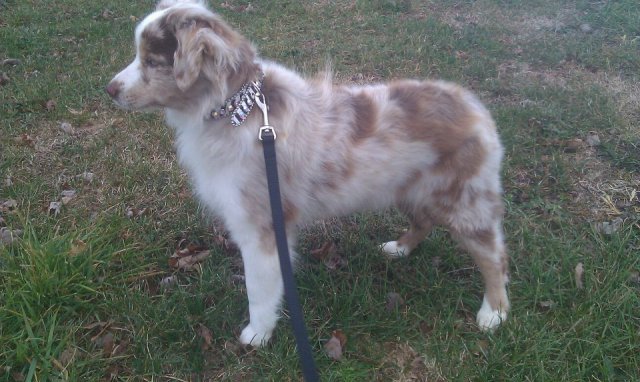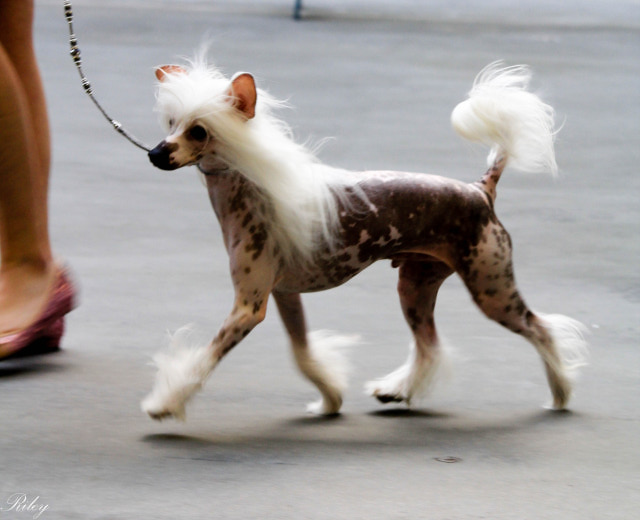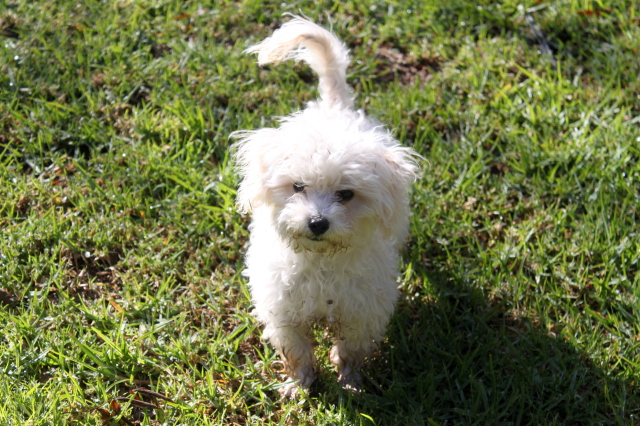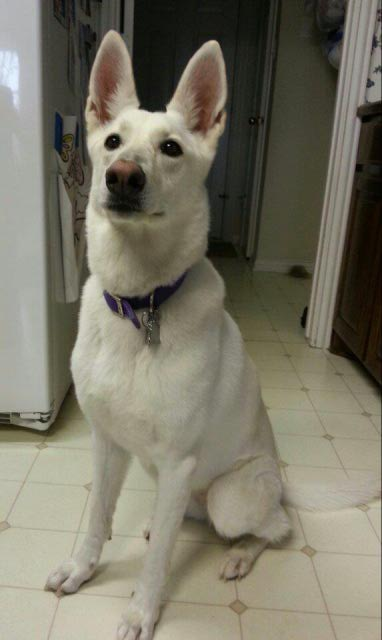QuestionHi, im currently learning about different ways to train dogs, for example operant conditioning.
I was wondering if you knew of any examples of a dog learning through...
Insight learing,
Social Learning and
Latent Learning
AnswerFirst, all animals are born with pre programmed knowldge and knowledge gathering abilities. These instincts guide the behavior and responses to the world around it. Basic skills found in sporting dogs, herding dogs, and other skill to breed specific traits lead owners to build on these inate skills.
Social learning begins at birth where the litter begins to build social relationships between the pups and mom and each other. These include foraging for food, shelter seeking, primal drives of reproduction, survival and resource control. During instructed training these primary drives are used to motivate the animal via traditional or operant methods. Most every training can be decoded back to Pavlov or B. F. Skinner.
I am not sure what definition of latent learning you are asking about. In our experiene latent usually means after the event. This could mean rote behavior, learning of a sequence to be repeated without thought {robotically going through a series of actions to gain reward) or the joining of two events into logical or cognitive learning, a monkey figuring out to attach two sticks together to get the babana because each stick is not long enough by itself.
Most mamals make cognitive decisions in problem solving. If a predator approaches it instinctivly knows it fight or flight and has to make a cognitive decision. Animals are inclined to avoid aggression because it uses food energy, and the animal instinctivly knows it has to conserve its food resources to live long enough to find the next meal. Similarly to continue the species it knows to reproduce and guard its of spring until they can defend or run for themselves.
There is an article inth4e current issue of the Association of Pet Dog Trainers "Chronical" that discusses classical and operant training and the differences. I take exception to some of the authors comments about emotion vs behavior and attaching human emotional terms to animals that are more easily explained by instinct, primary drives and stimulus-response causal factors. Dogs and most animals are always learning, so except in controlled conditions can you specifically state the method the dog is using to learn. Following a treat could be seen as operant, or instinctual (food to survive) or classical (it performs some action that the trainer desires and gets the reward of food without foreknowledge of the action being coupled to the reward, vs being cued to an action to gain the reward. In a previous life experience we referred to it as overt and covert training.
Regards,
Henry Ruhwiedel
Westwind Kennels, LLC

 Jumping.
Question
Stetson
I have a 8 month old, male mini
Jumping.
Question
Stetson
I have a 8 month old, male mini
 Territory Marking
QuestionHi Kathleen and thank you in advance.
I have a
Territory Marking
QuestionHi Kathleen and thank you in advance.
I have a
 breed identification
QuestionMaggie
QUESTION: Hello - Ive hopped over
breed identification
QuestionMaggie
QUESTION: Hello - Ive hopped over
 Young Moodle Trouble
Question
Moodle, male, 10 - 11
I have a two question.
Young Moodle Trouble
Question
Moodle, male, 10 - 11
I have a two question.
 White German Shepherd Aggression
Question
Chloe
A little background on my dog Chl
White German Shepherd Aggression
Question
Chloe
A little background on my dog Chl